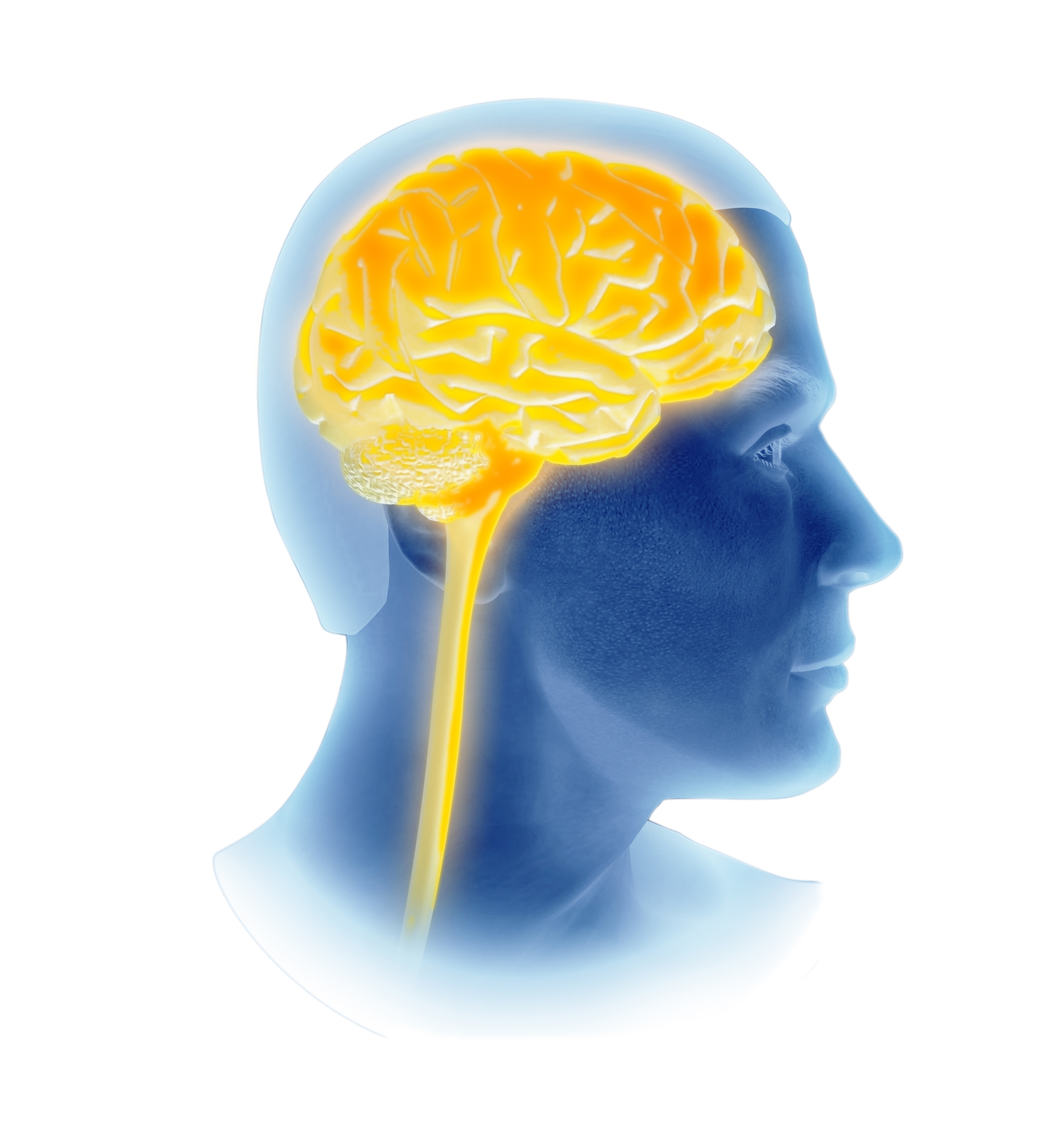

Parkinson’s disease (PD) is a progressive neurological condition. PD develops when cells in a part of the brain, substantia nigra, stop working properly and are lost over time. The brain cells in substantia nigra produce a chemical called dopamine. Dopamine is involved when messages are sent to parts of the brain coordinating movement. These parts of the brain cannot function properly, and without the dopamine producing nerve cells, onset of symptoms may appear.
Some of the PD symptoms are:
- motor function symptoms, such as slowness of motion, stiffness and tremor
- non-motor symptoms, such as problems with swallowing, speaking, and bladder and bowel function are also common
- anxiety is also an issue for many
In neurological disease the disruption of messages between the brain and parts of the digestive system results in slower passage of food in the intestinal tract, reduced sensation in the rectum and disruption of control of the anus, which can present with constipation and faecal incontinence.
These symptoms may be further exacerbated by impaired sensations, reduced mobility/balance, lower limb dysfunction, and recognition of symptoms.
Bowel Problems
Constipation is the most common bowel problem for people with PD. Prolonged colonic transit time due to reduced mobility, slowness of movements and rigid muscles. Difficulties to maintain a healthy lifestyle and staying active can increase the risk of constipation.
Where PD affects the person's ability to chew and swallow food, it can be difficult to eat a diet with enough fibre content to help keep the stools soft. Swallowing fluids may also be difficult which in turn will impact on the stool consistency. Medications, both PD drugs and antidepressants, can make the constipation worse.
The emotional and psychological impacts of PD compounded with symptoms of bowel dysfunction have a massive impact on confidence and quality of life.